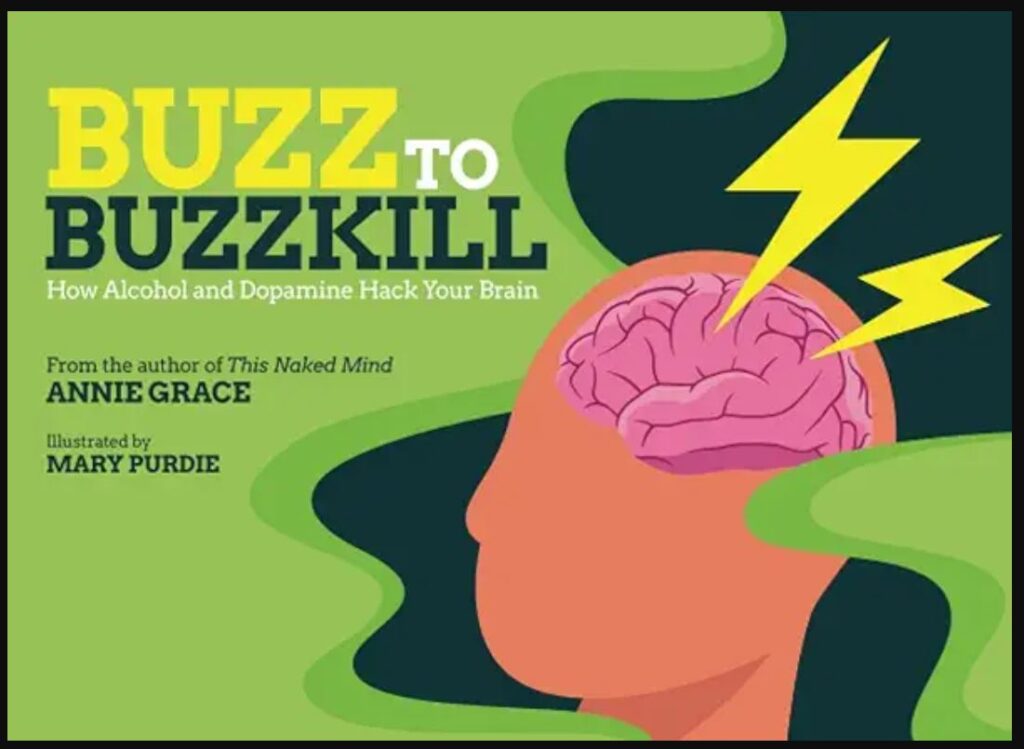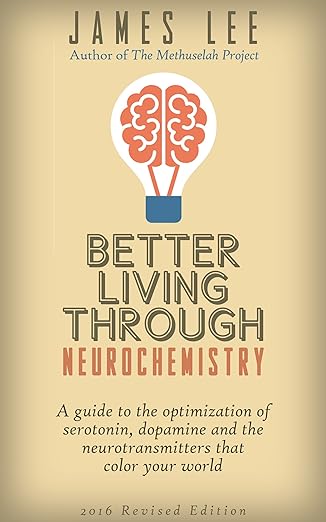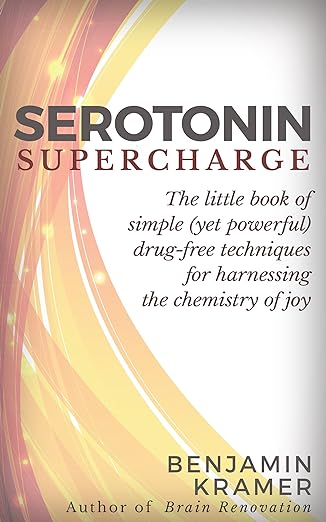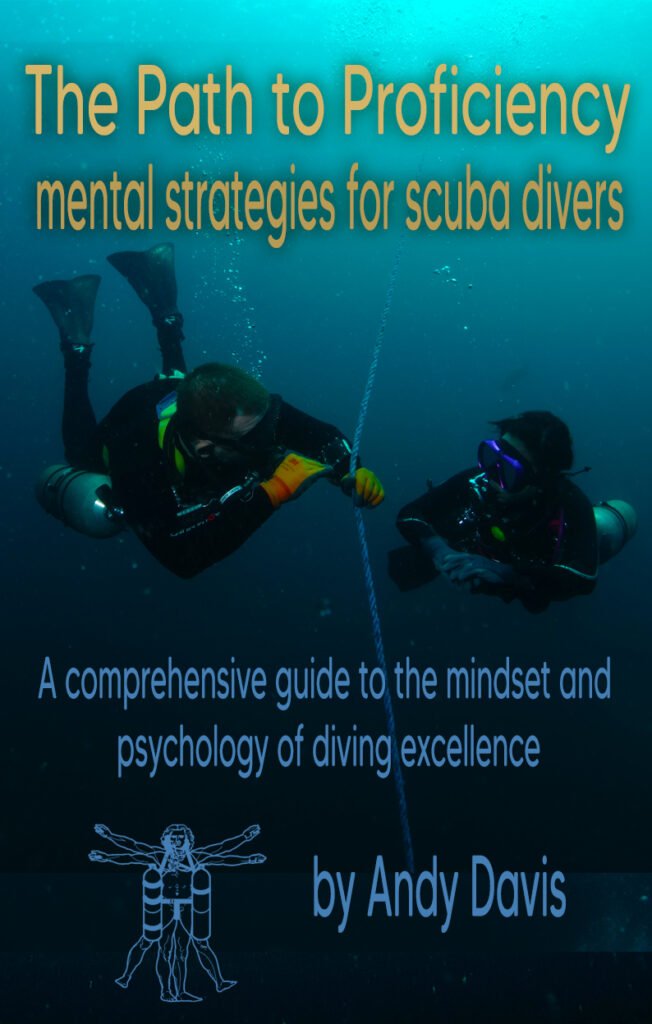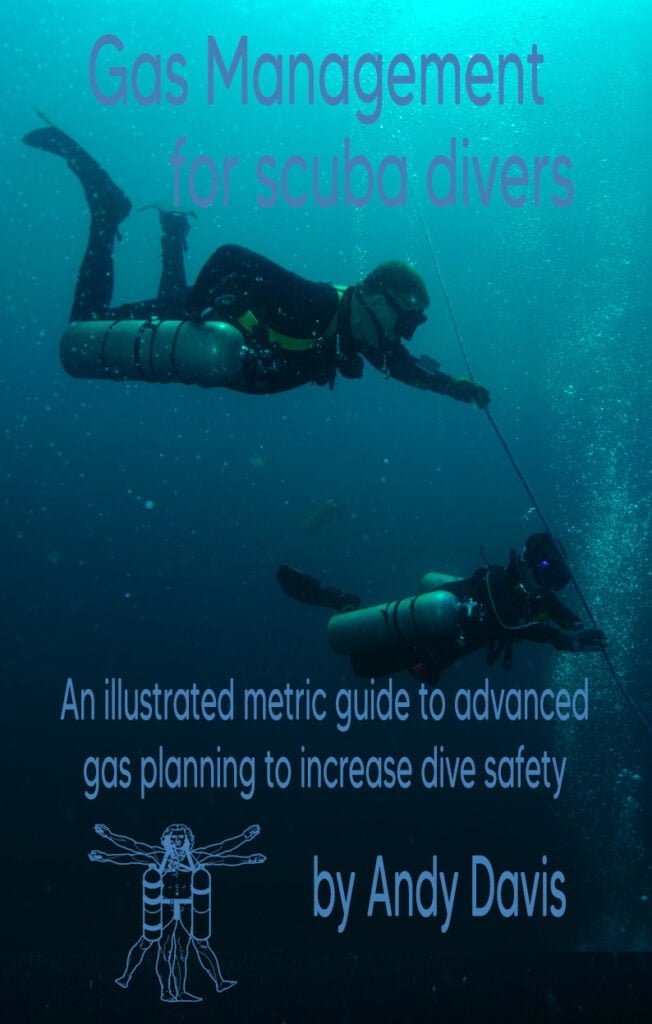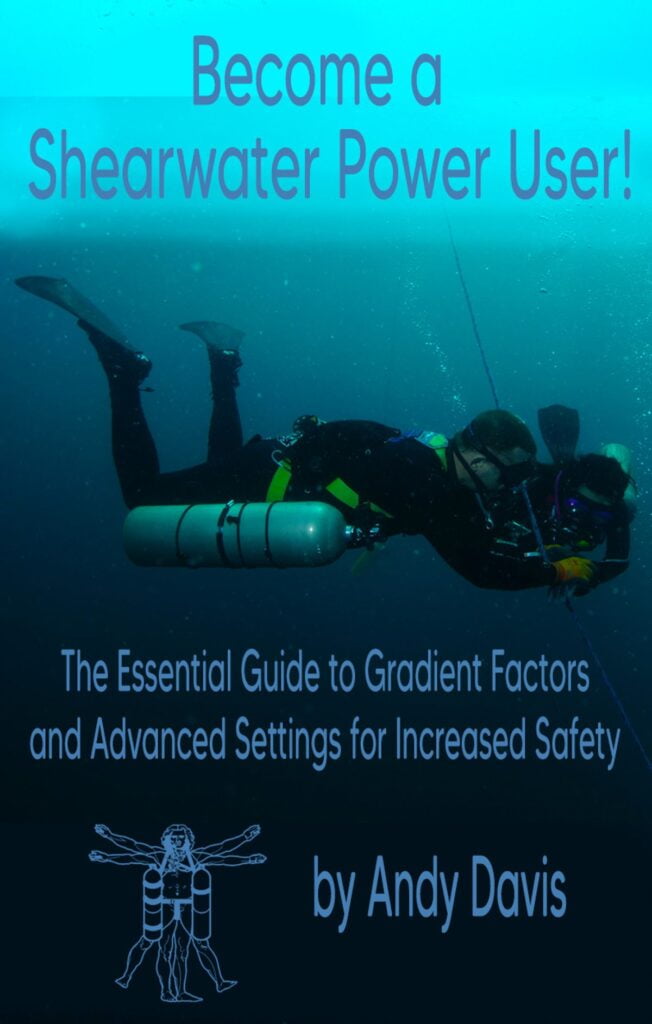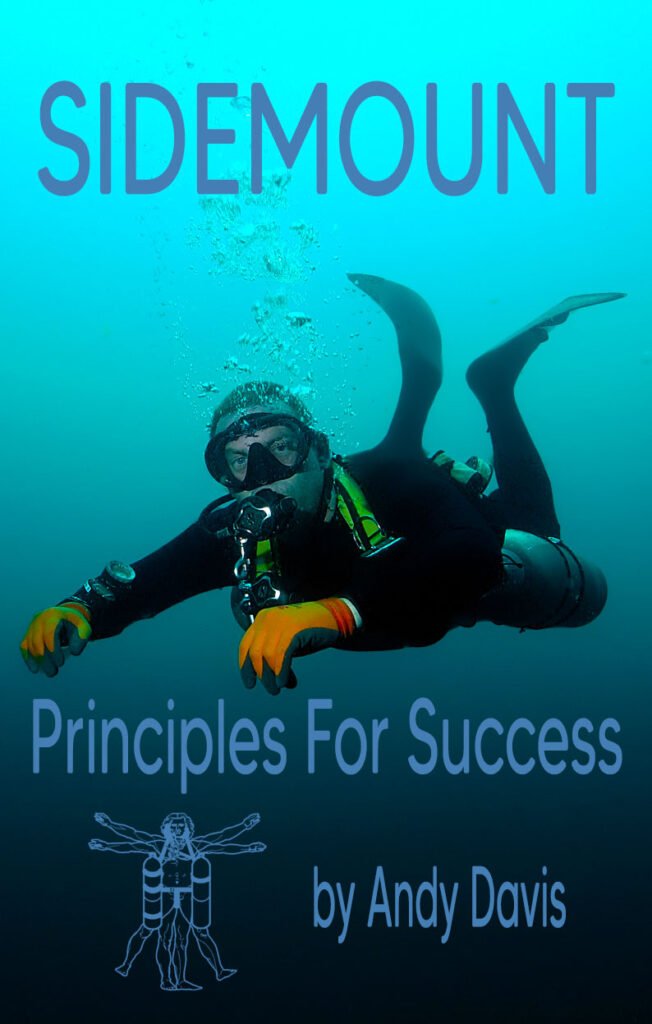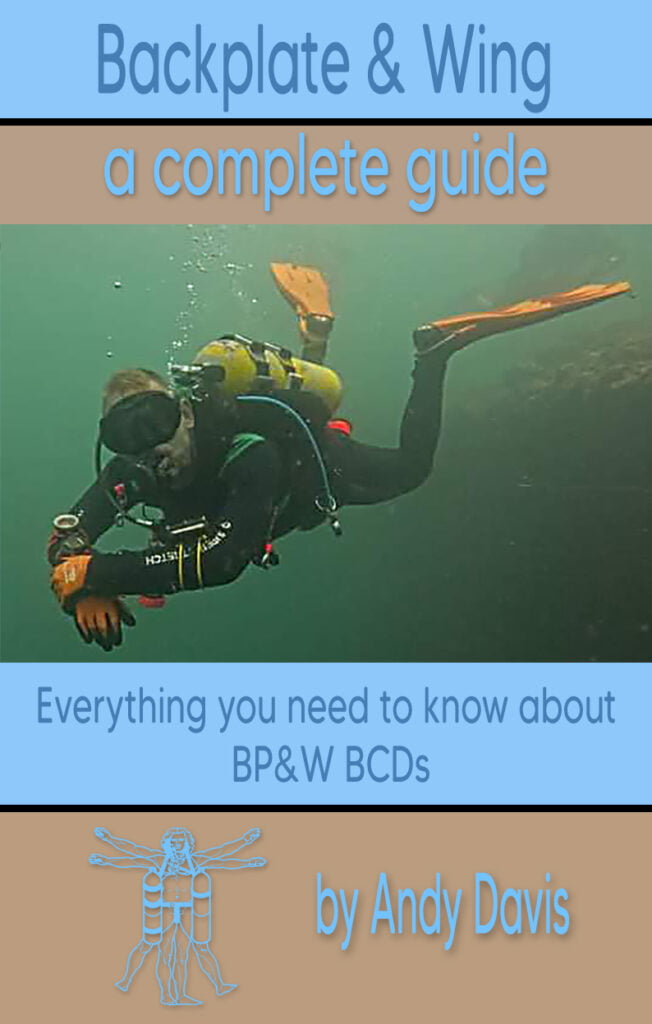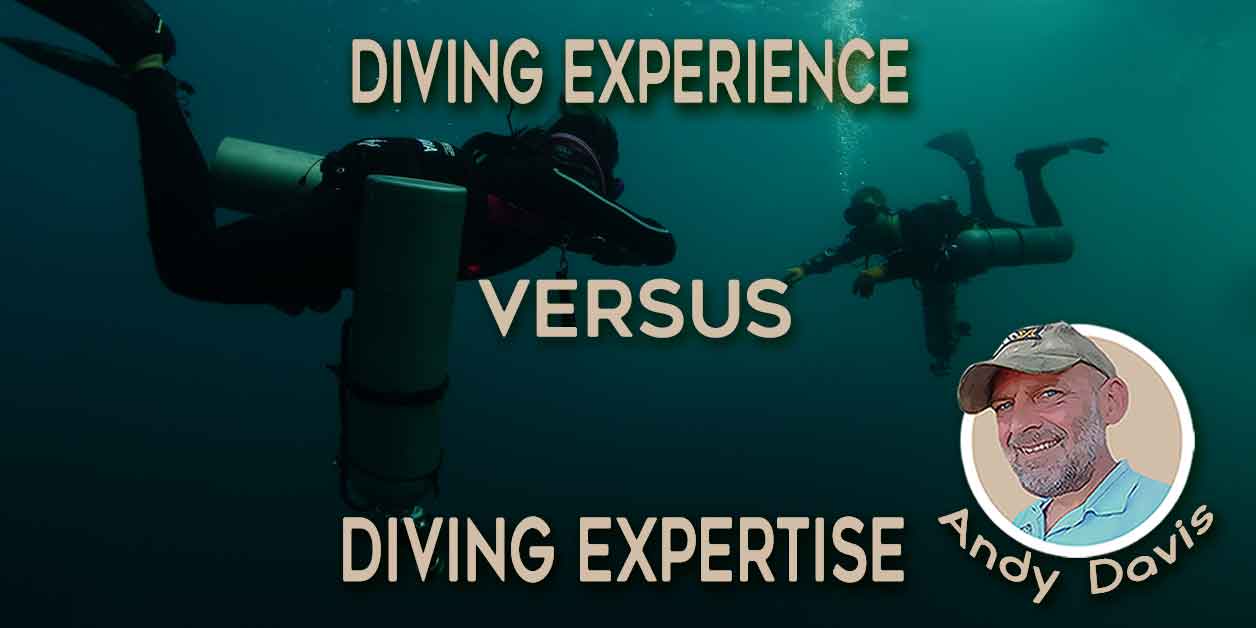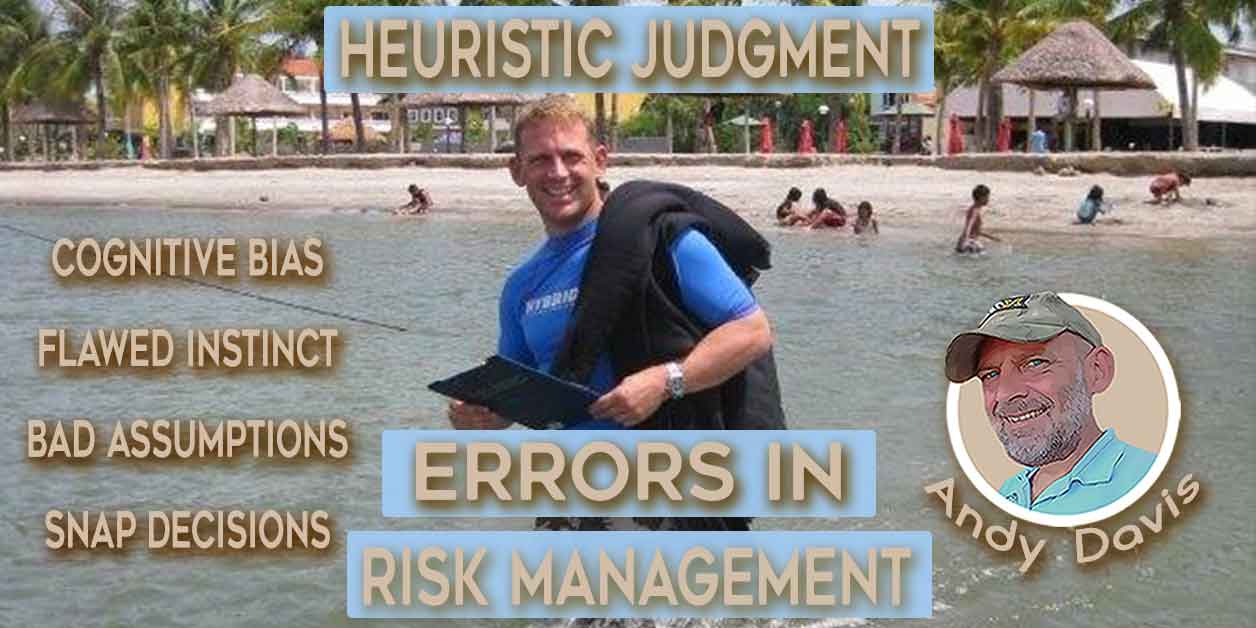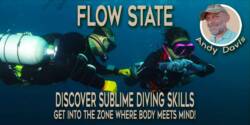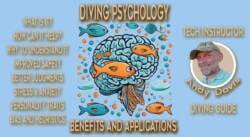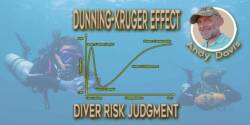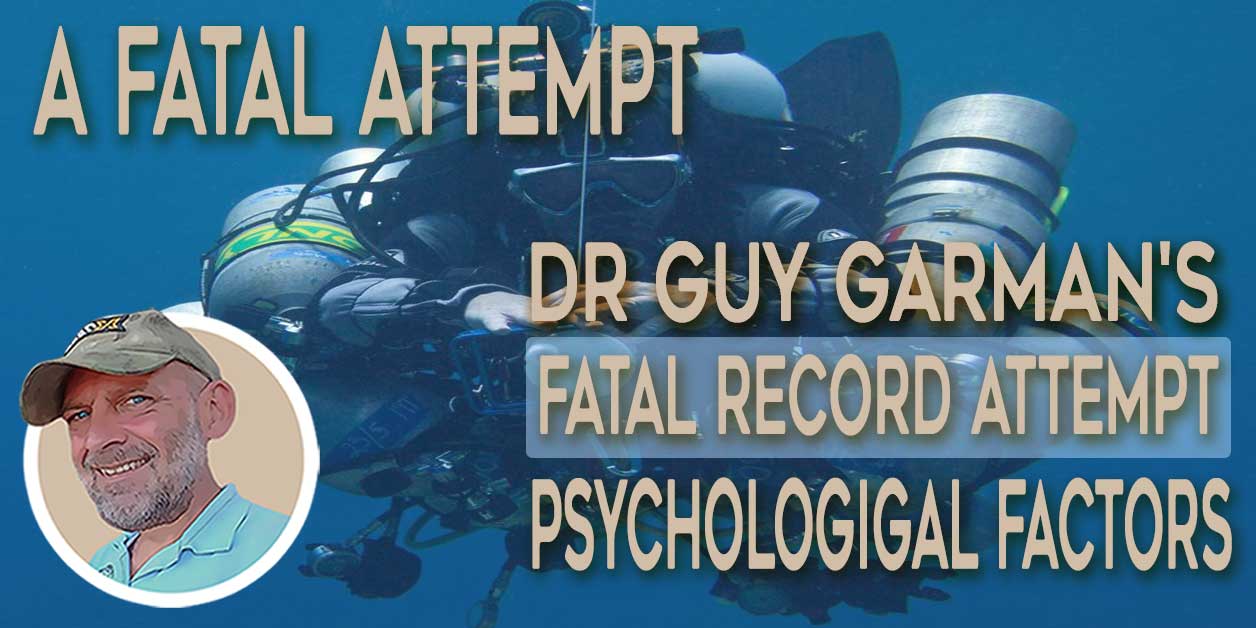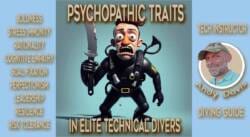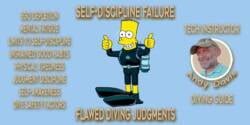The Passion for Scuba Diving: Dopamine Hits vs. Serotonin Satisfaction
As a scuba diver, you undoubtedly love going diving. Most of us will relate to having a passion for this amazing pursuit. However, there are real differences in how and why someone enjoys diving. For some, it is a pleasurable short-term dopamine hit, for others, prolonged happiness from stimulating serotonin levels.
Favoring those different reward system mechanisms can have a startling effect on a diver’s:
- Skill development
- Dive safety mindset
- Approach to training
- Commitment to diving
To develop as a self-aware diver, it’s essential to discern whether your passion primarily stems from dopamine or serotonin rewards.
To help understand the factors shaping these differing motivations, I will explore the differences between serotonin and dopamine reward mechanisms. How do they influence our behaviors, mindsets, safety, and gratification preferences as divers?
Understanding Serotonin & Dopamine As Reward Mechanisms
The brain’s reward mechanism operates through the release of neurotransmitters in response to stimuli.
- Neurotransmitters act as chemical messengers that transmit signals across synapses.
- They regulate various functions in the brain and body, including mood, cognition, movement, and physiological processes.
The neurotransmitters dopamine and serotonin are key components in the reward system, playing key roles in modulating mood and emotion. They act to reinforce behavior by linking positive experiences with either short-term pleasure or long-term happiness.
Dopamine: The Pleasure Neurotransmitter
Dopamine is linked to short-term pleasure and instant gratification. It provides positive reinforcement and motivates us to seek rewards.
In diving, dopamine spikes might come from exhilarating moments. For instance, spotting a rare marine creature or achieving a personal best in dive depth.
However, an overreliance on these quick fixes can lead to an addictive cycle. Dopamine hits eventually lead to needing greater stimulation to feel the same level of pleasure.
Serotonin: The Happiness Neurotransmitter
Serotonin is often associated with long-term satisfaction and contentment. It plays a crucial role in mood regulation, well-being, and feelings of competence.
For divers, serotonin rewards come from deliberate practice, studying, and becoming more skilled and knowledgeable about diving.
This neurotransmitter encourages a deep sense of fulfillment and joy that sustains over time.
The Key Differences Between Serotonin and Dopamine Reward in Scuba Diving
Dopamine (Pleasure) | Serotonin (Happiness) | |
|---|---|---|
Duration | Instant gratification. The immediate satisfaction from a pleasurable activity, or getting what you want | Delayed gratification. The long-term state of well-being derived from learning, overcoming, and accomplishing |
Experience | A visceral feeling of euphoria or pleasure from experiencing something enjoyable, like eating, receiving praise, or the thrill of riding a rollercoaster. | A prolonged sense of satisfaction, emotional balance, contentment, well-being, and positive self-image. |
Source | Derived from external stimuli or activities, seeking gratification from hobbies or entertainment | Effortful accomplishments, achieving personal goals, and regulating impulse control |
Addictive Type | Risks of compulsive behaviors and tolerance, individuals may seek increasing stimulation | Stable and enduring, does not lead to addiction, provides fulfillment without excessive stimulation |
Reward Mechanisms, Diver Safety and Risk Management
Favoring serotonin and dopamine reward mechanisms plays a pivotal role in shaping an individual’s propensity towards instant or delayed gratification.
While serotonin fosters patience, impulse control, and long-term goal pursuit, dopamine drives pleasure-seeking behavior and immediate rewards.
Divers inclined towards serotonin reward mechanisms tend to prioritize delayed gratification, valuing safety protocols and long-term safety considerations.
Conversely, those favoring dopamine reward mechanisms are more inclined to seek instant gratification. That can often lead to neglecting safe diving practices in pursuit of immediate rewards and thrills.
Dopamine, Instant-Gratification and Diver Safety
Instant gratification, driven by dopamine reward mechanisms, often leads to compromised diver safety and ineffective risk management behaviors. Divers prioritize immediate rewards over long-term safety considerations in pursuit of their next ‘hit’.
Impaired Decision-Making
The pursuit of instant gratification can result in impaired decision-making processes. Divers may disregard essential safety protocols or neglect to conduct thorough equipment checks before a dive.
The allure of instant rewards may overshadow the critical need for meticulous planning and preparation. This increases the risk of diving accidents.
Risk-Taking Behavior
The pursuit of instant gratification is closely linked to a higher tolerance for risk-taking behavior. Divers driven by instant gratification may be more inclined to engage in risky activities. They may push beyond their comfort zone to satisfy their dopamine craving.
This heightened risk-taking behavior significantly increases the likelihood of accidents and underwater mishaps.
Neglect of Safety Precautions
Pursuing instant gratification leads to a tendency to overlook or minimize the importance of safety precautions and risk management strategies.
This disregard for safety measures can manifest in various ways. For instance, failure to properly plan dives, inadequate equipment maintenance, or neglecting pre-dive buddy checks.
Disregard for Diver Training
Pursuing instant gratification in diving often leads divers to prioritize expedience over proficiency in training.
Tempted by the prospect of quick certifications, divers may opt for the shortest, cheapest, and easiest diving courses available. Training may be seen as a mandated box-ticking necessity to gain a ‘license’. There is little consideration of how skill proficiency impacts safety and enjoyment underwater.
Additionally, divers inclined towards instant gratification may favor zero-to-hero and fast-track training programs. This behavior fixates upon acquiring multiple certifications in rapid succession, aka ‘card collecting’. The motivation is to reach a desired level of diving in the shortest feasible timespan.
However, this dopamine-driven approach does not balance the acquisition of competency and experience against the level of diving conducted.
Impulsive Behavior
Pursuing instant gratification frequently leads to developing a hazardously impulsive mindset. Divers may act without fully considering the consequences of their actions.
This impulsivity can manifest as poor judgment calls underwater. For example, deviation from the dive plan, exceeding depth or time limits, willfully running low on gas, and engaging in other reckless behaviors.
These impulsive actions significantly increase the likelihood of accidents as divers may find themselves in precarious situations due to their impulsive decisions.
Serotonin, Delayed Gratification and Diving Safety
In contrast, delayed gratification, shaped by long-term serotonin reward mechanisms, plays a crucial role in fostering diver safety and effective risk management behaviors.
Diving inherently requires patience and adherence to safety procedures, training, deliberate practice, and detailed planning.
Divers who embrace delayed gratification prioritize long-term safety considerations over immediate rewards, leading to more cautious decision-making processes.
They are more likely to conduct thorough equipment checks, adhere to safety protocols, and plan dives meticulously, mitigating the risk of accidents underwater.
Moreover, divers able to delay gratification are inclined to:
- Invest in comprehensive training programs.
- Prioritize proficiency and knowledge acquisition.
- View competency as the goal of training, rather than simply acquiring a requisite piece of plastic.
This ensures that they are adequately prepared to handle various diving scenarios and emergencies, enhancing overall safety and enjoyment.
Instant gratification takes too long.
Carrie Fisher
By exercising patience and discipline, divers embracing delayed gratification are better equipped to navigate underwater environments safely, minimizing the likelihood of accidents and ensuring a rewarding diving experience.
Controlling Dopamine Addiction in Diving
Scuba diving is a great source of dopamine. However, prolonged exposure to high levels of dopamine can lead to tolerance. This means that divers require increasing amounts of stimulation to experience the same level of pleasure.
Controlling an unhealthy reliance on dopamine hits through scuba diving requires a multifaceted approach:
- Understanding Triggers: Identify what triggers the need for dopamine hits during dives. Is it the thrill of exploring new depths, encountering marine life, or pushing personal limits?
- Mindfulness Practice: Develop mindfulness techniques to stay present and focused underwater. This helps to appreciate the dive experience itself rather than constantly seeking external stimuli.
- Goal Setting: Set realistic and achievable goals for each dive. Instead of solely pursuing excitement, aim to;
- Improve skills and knowledge
- Appreciate flow state
- Refine risk management
- Refine protocols and procedures
- Diversify Activities: Explore various aspects of diving beyond adrenaline-inducing activities. This could include underwater photography, marine biology research, or participating in cleanup initiatives.
- Self-Reflection: Regularly reflect on your motivations for diving and assess whether they align with healthy enjoyment and personal growth. Be honest about the role dopamine plays in your diving experiences.
- Seek Professional Guidance: If struggling to control dopamine-seeking behavior, consider consulting with a diving instructor, counselor, or psychologist. They can offer strategies to manage impulses and address underlying issues.
- Community Support: Surround yourself with a supportive diving community that prioritizes safety and skill development. Share experiences and learn from others who value a balanced approach to diving.
- Risk Assessment: Evaluate the risks associated with seeking dopamine hits underwater. Understand that prioritizing immediate gratification over safety can lead to dangerous situations and long-term dissatisfaction.
The Scuba Diving Dopamine Detox
A dopamine detox, often referred to as dopamine fasting, is a trend that involves temporarily abstaining from activities that provide instant gratification or high levels of dopamine release, such as social media, video games, junk food, and other forms of instant-gratification entertainment.
The concept originated from the idea of reducing excessive stimulation to reset the brain’s reward system and increase productivity.
The ability to discipline yourself to delay gratification in the short term in order to enjoy greater rewards in the long term, is the indispensable prerequisite for success.
Brian Tracy, leading motivational speaker
Whilst scuba diving is inherently a beneficial activity for reducing lifestyle dopamine dependency, the wrong diving mindset can increase it. Instead of completely depriving oneself of diving, simply changing your motivations for going diving may be more beneficial.
- Focus on the long-term benefits you can attain from scuba diving
- Embrace the challenge of improving your dive skills
- Learn to enjoy cultivating patience and self-discipline in your diving
- Recognize that a conservative safety mindset has delayed rewards
- Value the reward of pursuing excellence rather than the next quick thrill
You start doing the addictive behavior to feel good and then your receptors get overloaded with dopamine, then you stop doing the addictive thing and some of the receptors have shut down and you don’t have enough dopamine to feel good. So then you feel bad and go back to the addictive behavior to get more dopamine.
Bill Nye ‘The Science Guy’
Maximise Serotonin Benefits from Scuba Diving
Scuba diving is an ideal way to stimulate serotonin release for long-term physical and emotional health benefits. Here’s a detailed look at how you can make the most of these benefits:
Dive Regularly
Consistency is key when it comes to reaping the mental health benefits of scuba diving. Make it a habit to dive regularly, whether it’s once a week or a few times a month.
By engaging in diving on a consistent basis, you can ensure a steady release of serotonin, leading to a more positive mood and overall well-being.
Appreciate The Results of Deliberate Practice
Embrace the process of deliberate practice in your diving journey. Focus on refining your skills, expanding your knowledge, and pushing your limits in a systematic and purposeful manner.
By consistently challenging yourself and striving for improvement, you can experience a sense of mastery and accomplishment that fuels serotonin release. Take pride in the progress you’ve made and appreciate the tangible results of your dedication and hard work.
Develop Flow State
Strive to enter flow state during your dives; the sense of complete immersion and focused attention where time seems to stand still. Flow state is associated with heightened feelings of happiness and fulfillment, making it an ideal state for serotonin release.
To achieve flow, challenge yourself with tasks that match your skill level, maintain clear goals and feedback, and stay fully engaged in the present moment.
Cultivate Positivity
Approach each dive with a positive mindset and an open heart. Take the time to appreciate the experience of being underwater the vibrant coral reefs, the mesmerizing marine life, and the sense of weightlessness.
By focusing on the positive aspects of diving and immersing yourself fully in the experience, you can enhance serotonin release and leave each dive feeling uplifted and rejuvenated.
Social Interaction
Diving is often a social activity, providing ample opportunities for interaction with fellow divers. Whether you’re diving with friends, meeting new divers on vacation, or participating in dive club activities, the social aspect of diving can have a profound impact on serotonin production.
Engaging in meaningful conversations, sharing experiences, and forming connections with others can all contribute to increased serotonin levels and a greater sense of happiness and fulfillment.
Achievement and Progress
Set effortful goals for your diving journey and celebrate your meaningful achievements. Whether it’s mastering fundamental diving skills or building new competencies for more challenging dives, each milestone represents a significant accomplishment worth celebrating.
By acknowledging your progress and recognizing your achievements, you can boost serotonin levels and cultivate a greater sense of self-confidence and satisfaction.
Mindfulness
Practice mindfulness techniques during your dives to enhance relaxation and promote serotonin release. Focus on your breathing, immerse yourself fully in the present moment, and let go of any stress or distractions.
By adopting a mindful approach to diving, you can cultivate a deep sense of peace and tranquility, allowing serotonin to flow freely and leaving you feeling refreshed, revitalized, and ready to take on whatever challenges lie ahead.
Incorporating these strategies as a scuba diver can help you maximize the serotonin benefits and unlock the full potential of scuba diving as a catalyst for improved well-being and happiness.
Balancing Dopamine and Serotonin as Diving Rewards
Understanding the balance between dopamine and serotonin is essential for scuba divers seeking thrill, long-term satisfaction, and safety.
- Dopamine offers short-lived highs and immediate rewards.
- Serotonin provides long-term, lasting contentment.
- Instant gratification can lead to impaired decision-making and increased risks.
- Delayed gratification fosters a safer, more satisfying diving experience.
- Balancing your motivations for enjoying diving enhances fulfillment and promotes safety.
Dopamine-driven diving can lead to impaired decision-making, increased risk-taking, and neglect of safety precautions. This can compromise diver safety and increase accident risk.
On the other hand, serotonin-driven diving emphasizes delayed gratification, fostering a safer, more mindful approach that enhances overall diving satisfaction. Effective management of dopamine and serotonin levels can improve diver safety and enjoyment.
To control dopamine addiction, divers should focus on deliberate practice, achieving flow state, and recognizing the temptations of instant-gratification.
Maximizing serotonin benefits involves regular diving, appreciating the results of consistent practice, developing a flow state, cultivating positivity, engaging in social interactions, celebrating achievements, and practicing mindfulness.
By understanding and harnessing the power of both dopamine and serotonin, divers can achieve a harmonious balance between immediate excitement and deep, lasting satisfaction. This balance not only enhances the diving experience but also promotes happiness and well-being throughout life.
Purchase my exclusive ebook!
A comprehensive guide to the mindset and psychology of diving excellence.
$20 Printable PDF Format, 298 pages
About The Author

Andy Davis is a RAID, PADI TecRec, ANDI, BSAC, and SSI-qualified independent technical diving instructor who specializes in teaching sidemount, trimix, and advanced wreck diving courses.
Currently residing in Subic Bay, Philippines; he has amassed more than 10,000 open-circuit and CCR dives over three decades of challenging diving across the globe.
Andy has published numerous diving magazine articles and designed advanced certification courses for several dive training agencies, He regularly tests and reviews new dive gear for scuba equipment manufacturers. Andy is currently writing a series of advanced diving books and creating a range of tech diving clothing and accessories.
Prior to becoming a professional technical diving educator in 2006, Andy was a commissioned officer in the Royal Air Force and has served in Iraq, Afghanistan, Belize, and Cyprus.
In 2023, Andy was named in the “Who’s Who of Sidemount” list by GUE InDepth Magazine.
Purchase my exclusive diving ebooks!
Originally posted 2024-06-04 13:33:29.



